Bitcoin vs Bitcoin Cash - Key Differences and Similarities

As the world of cryptocurrency continues to grow and evolve, the dynamics of different digital assets are vital to understand.
Among the plethora of coins available today, Bitcoin (BTC) and Bitcoin Cash (BCH) hold unique positions, sharing a historical link while carving their distinct niches.
This post aims to provide you with an in-depth look at the key differences and similarities between these two giants in the crypto realm.
Overview of Bitcoin and Bitcoin Cash
Before diving into the differences and similarities, it's essential to trace the roots of both cryptocurrencies.
What is Bitcoin?
Bitcoin, often abbreviated as BTC, was introduced to the world in 2009. It was a revolutionary concept brought forth by an anonymous figure or group using the pseudonym Satoshi Nakamoto.
Their ambition was to present a decentralized digital currency free from the clutches of traditional financial institutions. The core idea behind Bitcoin was to create a form of electronic cash that enables peer-to-peer transactions without needing a middleman or central authority.
Built upon a transparent ledger called blockchain, Bitcoin transactions are recorded chronologically and are visible to everyone in the network. This transparency, combined with the decentralized nature of the system, made Bitcoin not just a currency but a significant shift in the financial world's thinking.
Over the years, Bitcoin has become more than just a currency; it's often dubbed "digital gold" due to its value proposition and the fact that it's seen as a store of value against market volatility.
What is Bitcoin Cash?
In 2017, as Bitcoin grew in popularity and its network became more congested, debates raged within the BTC community about how to scale the system efficiently.
These discussions primarily revolved around the block size limit. Larger blocks would mean more transactions could be processed at once, leading to faster and cheaper transactions.
However, not everyone in the Bitcoin community agreed on this approach. Concerns about decentralization, security, and the potential to split the community were on the rise.
As a result, a significant segment decided to implement a 'hard fork' in August 2017, which split the Bitcoin blockchain into two separate chains. The new chain, with its increased block size, was named Bitcoin Cash (BCH).
Bitcoin Cash was designed with the intent of fulfilling Bitcoin's original promise of being 'peer-to-peer electronic cash.' With its larger block size, Bitcoin Cash aimed to process more transactions, faster, and at a lower fee, making it more suitable for everyday transactions.
Thus, while BTC and BCH share the same roots and foundational philosophy, they have since taken different paths in their approach to scaling and their vision for the future of cryptocurrency.
Bitcoin vs Bitcoin Cash - Key Differences
Here are few notable differences between Bitcoin and Bitcoin Cash -
Block Size Limit: One of the main differences between BTC and BCH is their block size. Bitcoin maintains a 1 MB block size, while Bitcoin Cash started with an 8 MB block and has since increased it to 32 MB. This block size difference directly affects how many transactions can be processed in each block.
Transaction Speed and Fees: Owing to its larger block size, BCH typically boasts faster transaction speeds and lower fees compared to BTC. This makes BCH more suited for everyday transactions, while BTC is viewed more as a store of value.
Adoption and Use-Cases: Bitcoin remains the more recognized and widely adopted cryptocurrency. It is often called "digital gold" and used as a hedge against market volatility. Bitcoin Cash, on the other hand, is marketed for its utility in everyday transactions, reflecting its intention to be 'digital cash.'
Security and Mining: Bitcoin, with its larger network and hashing power, is often considered more secure than Bitcoin Cash. However, as both coins use the Proof of Work algorithm, the mining processes for them are somewhat similar, albeit with different profitability metrics.
Bitcoin and Bitcoin Cash - Key Similarities
Both Bitcoin and Bitcoin Cash, despite their divergent paths post-fork, boast distinctive features that have contributed to their prominence in the cryptocurrency market. Here’s a comparative look at the key features of both digital assets.
1. Decentralization:
Bitcoin (BTC): Bitcoin operates on a decentralized network. This means no central authority, like a bank or government, controls it. Instead, transactions are verified by network nodes through cryptography. Its decentralized nature ensures that Bitcoin remains resistant to censorship and external interference.
Bitcoin Cash (BCH): Just like Bitcoin, Bitcoin Cash is also decentralized. Its creation was, in fact, a result of the very essence of decentralization where a group chose to diverge based on their beliefs about the network's direction.
2. Limited Supply:
Bitcoin (BTC): One of Bitcoin's foundational features is its capped supply. There will only ever be 21 million Bitcoins. This limited supply plays a role in its value proposition, making it deflationary by nature.
Bitcoin Cash (BCH): Bitcoin Cash adheres to the same principle, with a maximum supply of 21 million BCH coins. This ensures that, like Bitcoin, Bitcoin Cash also offers a deflationary economic model.
3. Proof of Work (PoW) Mining:
Bitcoin (BTC): Bitcoin transactions are validated and added to the blockchain through a process called mining. Miners solve complex mathematical problems using computational power, and in return for this work, they are rewarded with Bitcoins. This system, called Proof of Work, secures the network.
Bitcoin Cash (BCH): BCH also employs the Proof of Work mechanism. Miners validate and process transactions, earning BCH as a reward. While the overarching principle is the same, differences in block size and other parameters lead to variations in mining profitability between BTC and BCH.
4. Public Ledger:
Bitcoin (BTC): All Bitcoin transactions are recorded on a public ledger called the blockchain. This ensures transparency, as anyone can verify transactions and ensure that coins aren’t double-spent.
Bitcoin Cash (BCH): Similarly, Bitcoin Cash transactions are also maintained on a public ledger. The BCH blockchain maintains its own chain post-fork but upholds the same commitment to transparency and security.
5. Development Community:
Bitcoin (BTC): Bitcoin boasts a robust development community. Regular updates, improvements, and enhancements ensure that the network remains secure, efficient, and in line with its foundational principles.
Bitcoin Cash (BCH): The BCH community is vibrant and active. They are focused on scaling solutions, user adoption, and upholding the vision of BCH as a medium for daily transactions. Regular updates and forks ensure that the network evolves as per the community's direction.
BTC vs BCH - Current Market Landscape
As of August 2023, Bitcoin continues to dominate the market with its higher market cap and broader acceptance among institutions.
Bitcoin Cash, while not as prominent, has carved out its space, especially in regions and platforms that prioritize transaction speed and minimal fees.
Bitcoin or Bitcoin Cash - Which one is better?
Your choice between Bitcoin and Bitcoin Cash largely depends on your purpose:
Long-term Investment: If you're looking for a long-term store of value, Bitcoin's proven track record might appeal to you. Its widespread recognition and institutional backing give it an edge.
Everyday Transactions: If you prioritize fast, low-cost transactions, Bitcoin Cash might be more up your alley. Its design inherently supports this use-case.
Always remember to conduct further research and consult with a financial advisor before making any investment decisions.
Also Read - Is Bitcoin Dead?
Frequently Asked Questions
Q1. Why did Bitcoin Cash fork from Bitcoin?
Bitcoin Cash forked from Bitcoin in 2017 due to disagreements within the Bitcoin community about scalability solutions. While some advocated for the implementation of SegWit and later, the Lightning Network, others believed in increasing the block size to accommodate more transactions. This divergence in views led to the creation of Bitcoin Cash with an increased block size.
Q2. How do transaction fees compare between BTC and BCH?
Historically, Bitcoin Cash has generally offered lower transaction fees compared to Bitcoin due to its larger block size. This was one of the primary motivations behind its creation. However, fees can fluctuate based on network congestion for both cryptocurrencies.
Q3. Are BTC and BCH stored in the same type of wallet?
Both BTC and BCH can be stored in hardware wallets, desktop wallets, mobile wallets, and exchanges. However, it's vital to use wallets that specifically support each currency. Storing BCH in a BTC-only wallet or vice versa can lead to lost funds.
Q4. What are the main arguments against increasing block size as a scaling solution?
Critics argue that increasing block size could lead to centralization, as fewer entities would be able to afford the storage and computational needs of larger blocks. They also raise concerns about the long-term viability of this approach, as continually increasing block sizes might not be sustainable.
Q5. How does the speed of transactions compare between Bitcoin and Bitcoin Cash?
Due to its larger block size, Bitcoin Cash can process more transactions per second compared to Bitcoin, leading to faster confirmation times, especially during high congestion periods.
Q6. Are there any other significant forks from Bitcoin besides Bitcoin Cash?
Yes, besides Bitcoin Cash, there have been other forks like Bitcoin SV (Bitcoin Satoshi Vision), which further forked from Bitcoin Cash. There are also numerous other forks, but not all of them have gained significant traction or attention in the crypto community.
Q7. How does the security of BTC and BCH compare?
Both Bitcoin and Bitcoin Cash use the Proof-of-Work consensus mechanism, making them secure. However, since BTC has a higher hashing power due to more miners on its network, many argue it's more secure against potential attacks. Nonetheless, BCH also maintains a strong security protocol, with its community continuously making improvements.
Q8. What's the future outlook for Bitcoin and Bitcoin Cash?
While it's challenging to predict the future of any cryptocurrency, both BTC and BCH have maintained their relevance in the market. BTC is often viewed as a store of value, while BCH pushes for merchant adoption and everyday transactions. Their futures will likely be influenced by technological advancements, regulatory shifts, and market dynamics
Conclusion
The world of cryptocurrency is vast, intricate, and ever-evolving. Within this landscape, the intertwined narratives of Bitcoin and Bitcoin Cash offer a compelling exploration into the complexities of technological innovation, community beliefs, and market dynamics.
From their shared origins to their divergent paths, each coin represents a unique vision of what digital currency should be. As we've navigated through their histories, key features, and current market landscapes, it's evident that both Bitcoin and Bitcoin Cash bring valuable propositions to the table.
BTC stands as a testament to resilience, continually affirming its position as a pioneering force and a digital store of value. Simultaneously, BCH serves as a reminder of the power of community-driven initiatives, striving to make cryptocurrency accessible and functional for daily transactions.
As the market continues its trajectory, one thing remains certain: the story of Bitcoin and Bitcoin Cash is far from over. Their ongoing evolution promises further insights, challenges, and opportunities in the decentralized world of tomorrow.
Disclaimer
The information provided on this website does not constitute investment advice, financial advice, trading advice, or any other sort of advice and you should not treat any of the website's content as such.
Token Metrics does not recommend that any cryptocurrency should be bought, sold, or held by you. Do conduct your own due diligence and consult your financial advisor before making any investment decisions.
Create Your Free Token Metrics Account

.png)




%201.svg)
%201.svg)


%201.svg)



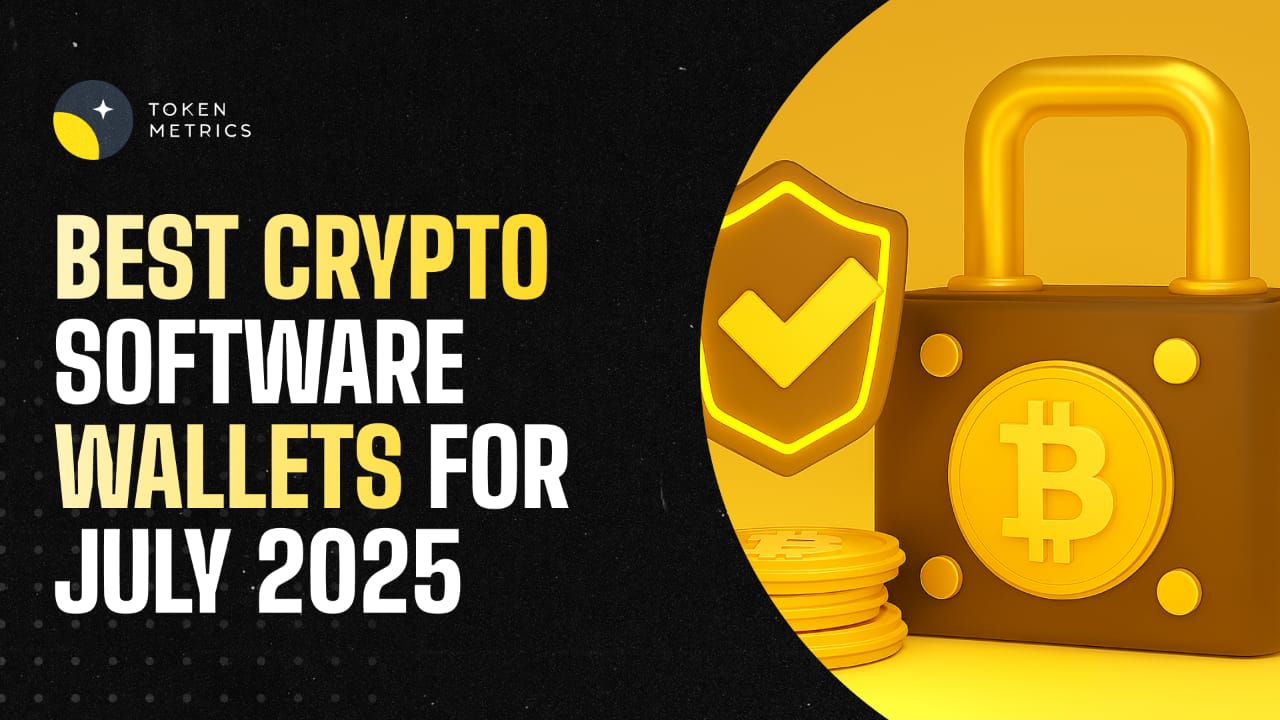



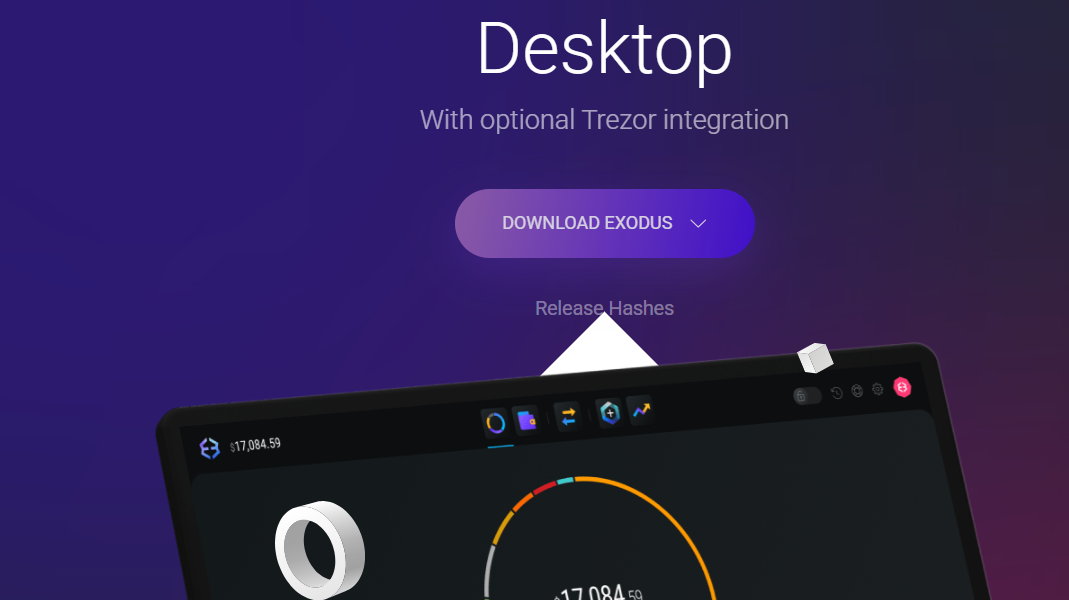
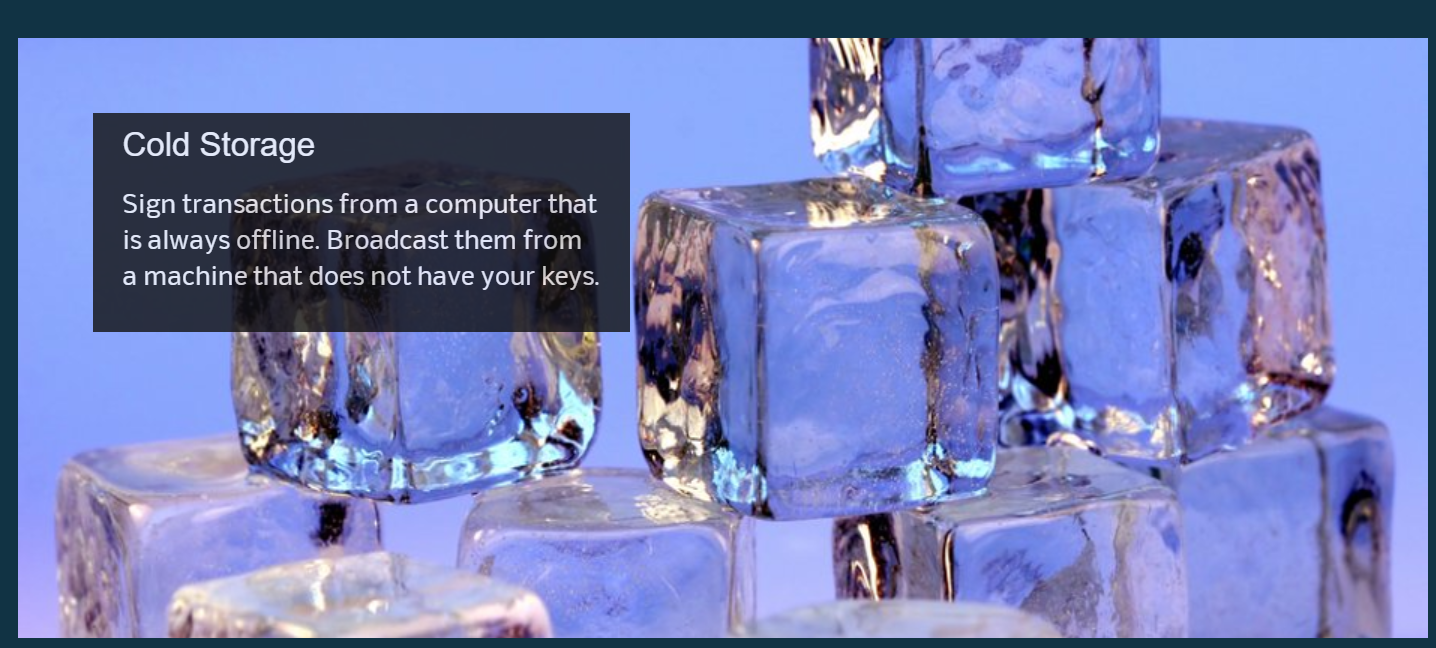


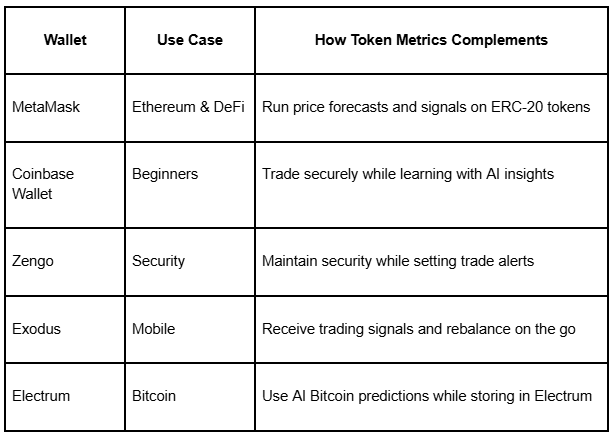
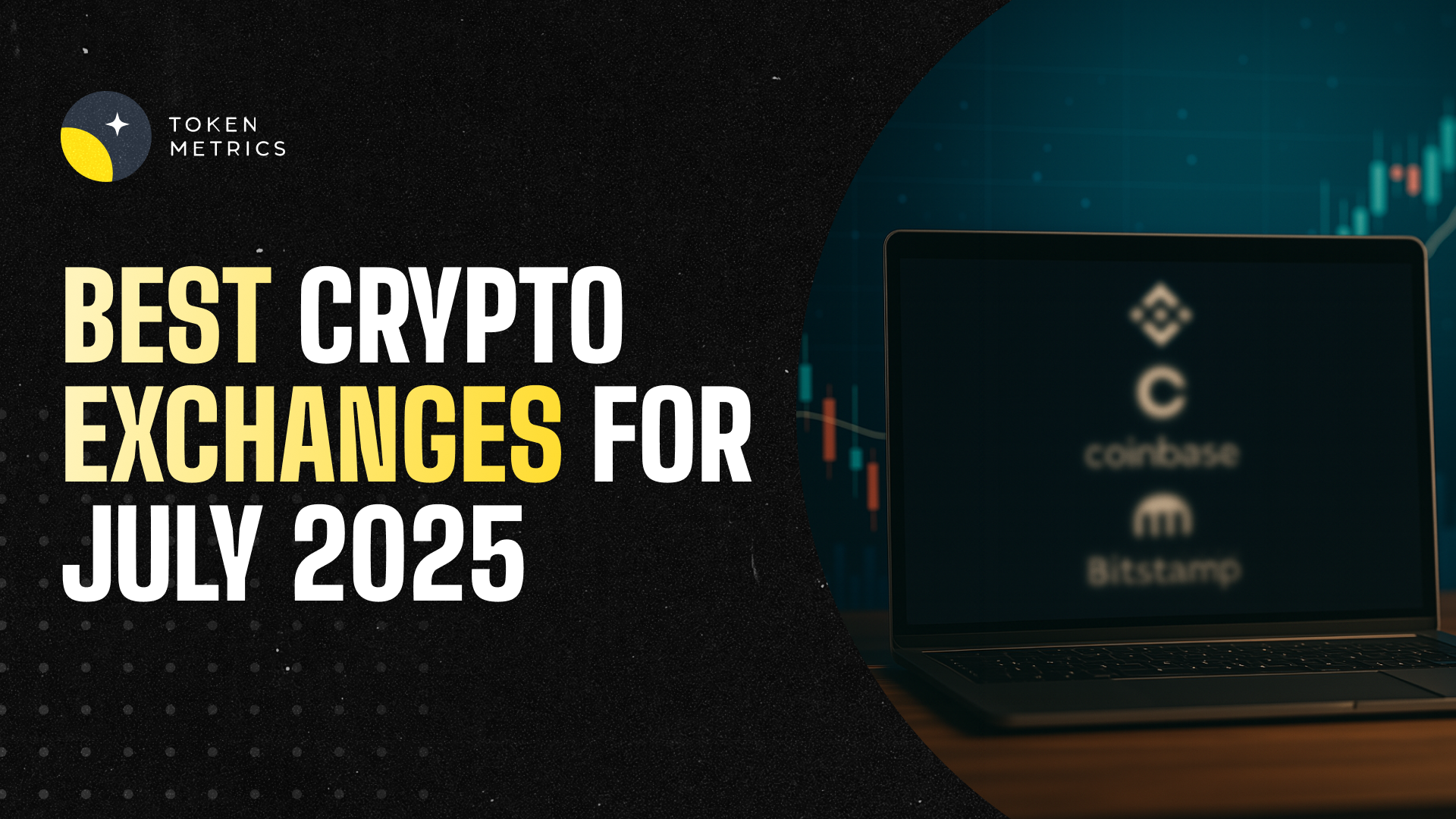
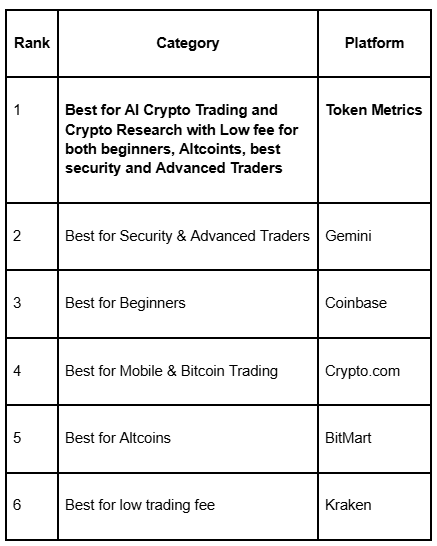





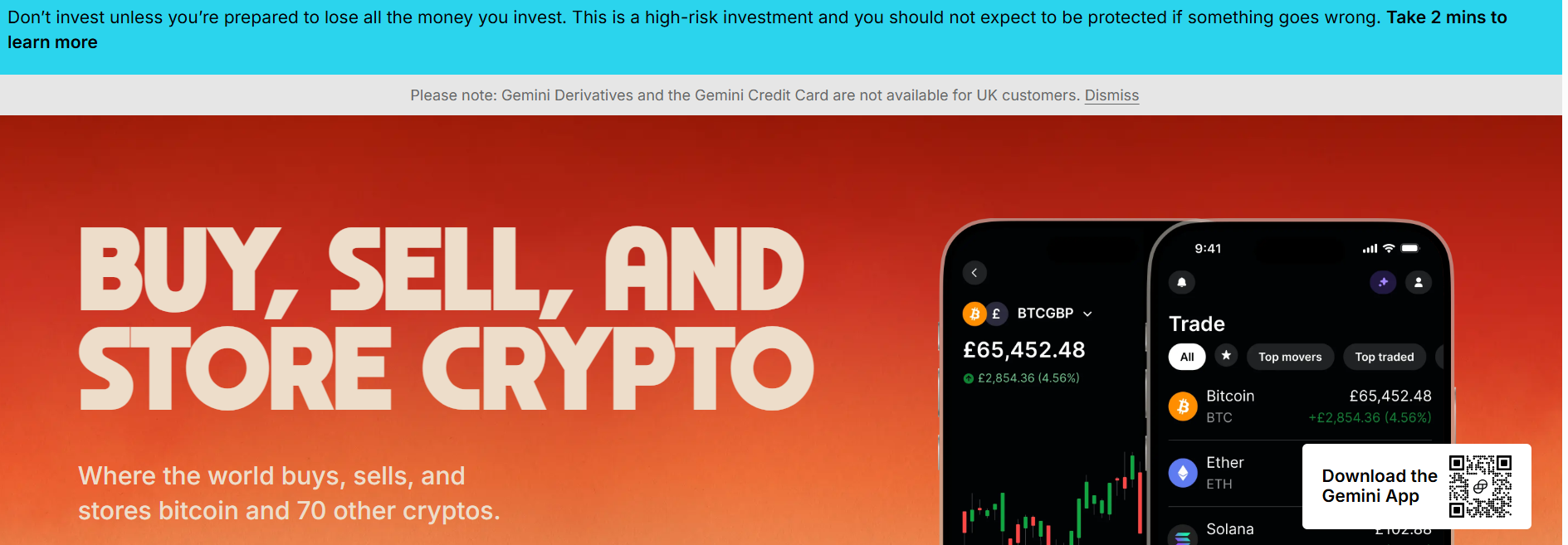
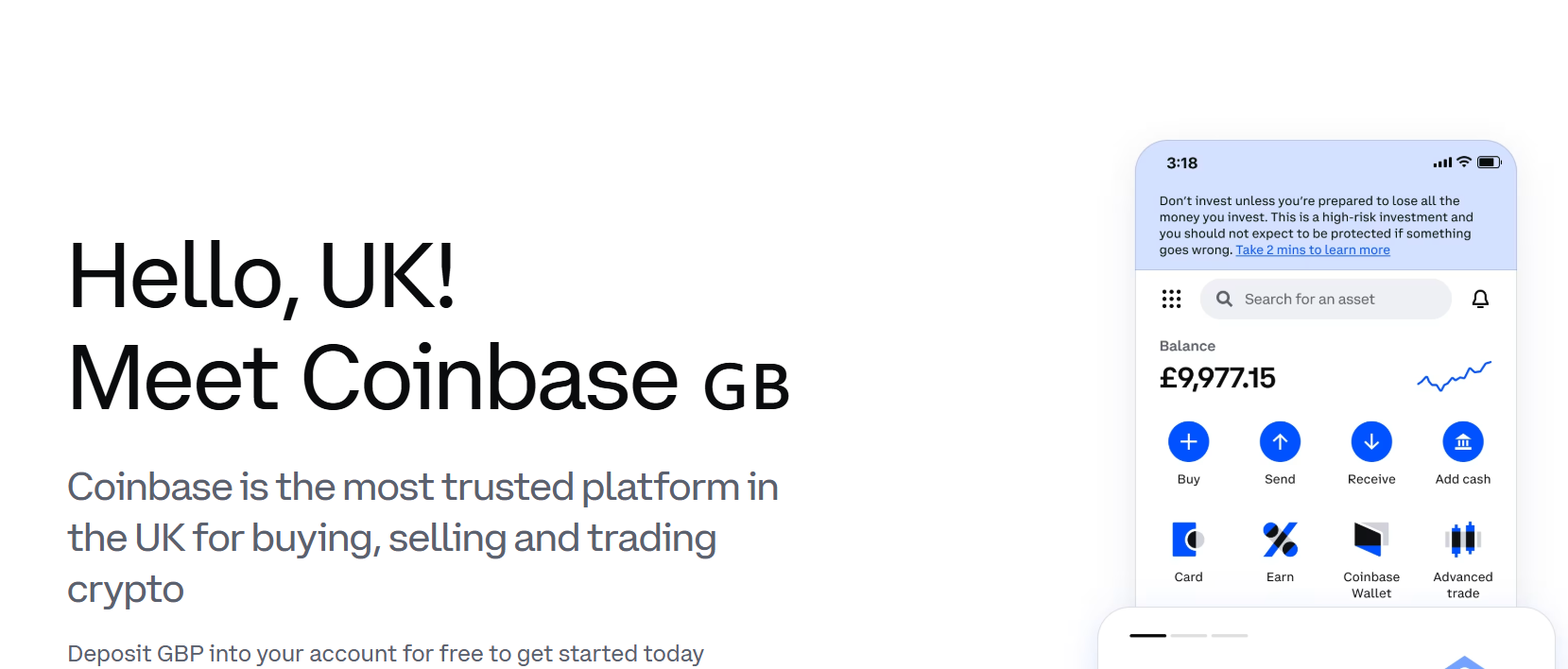
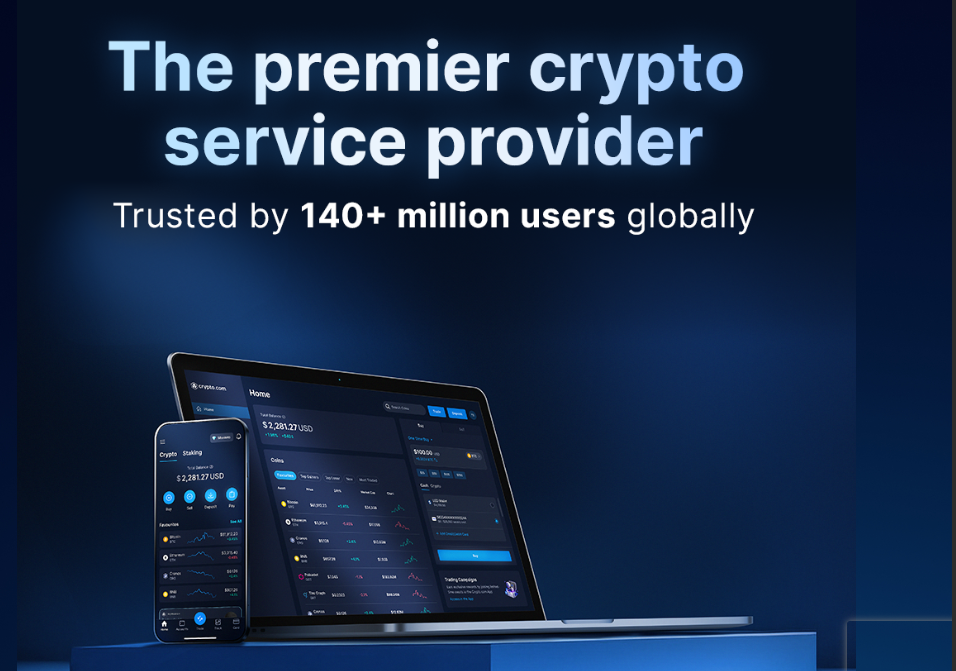
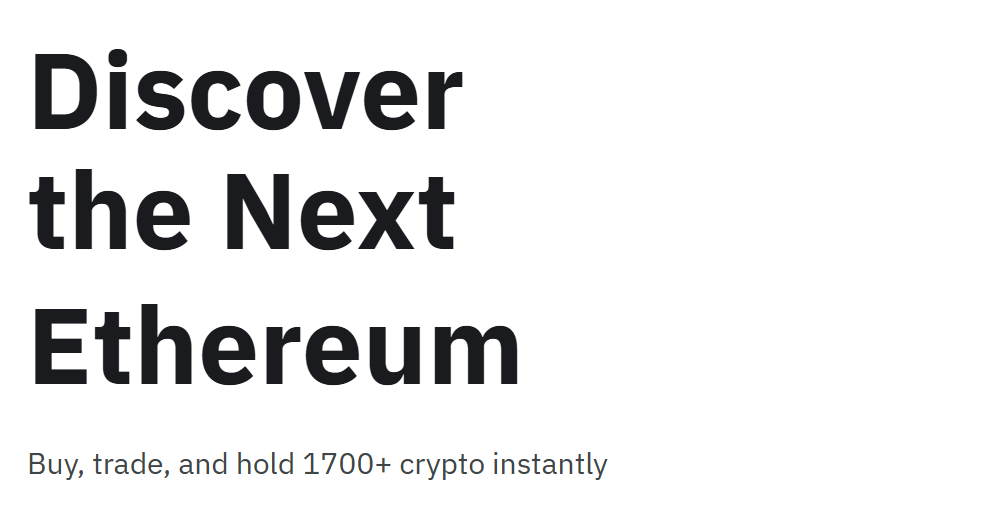
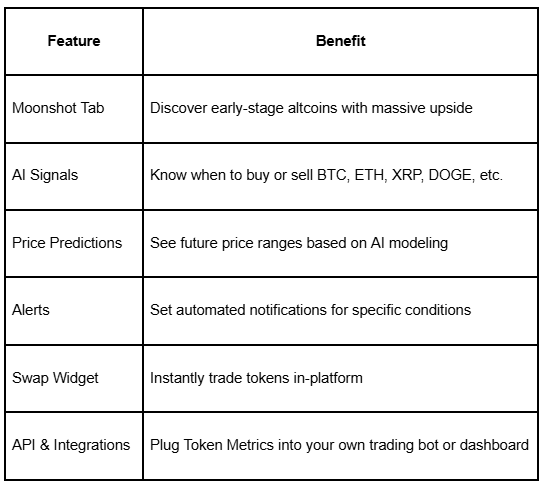
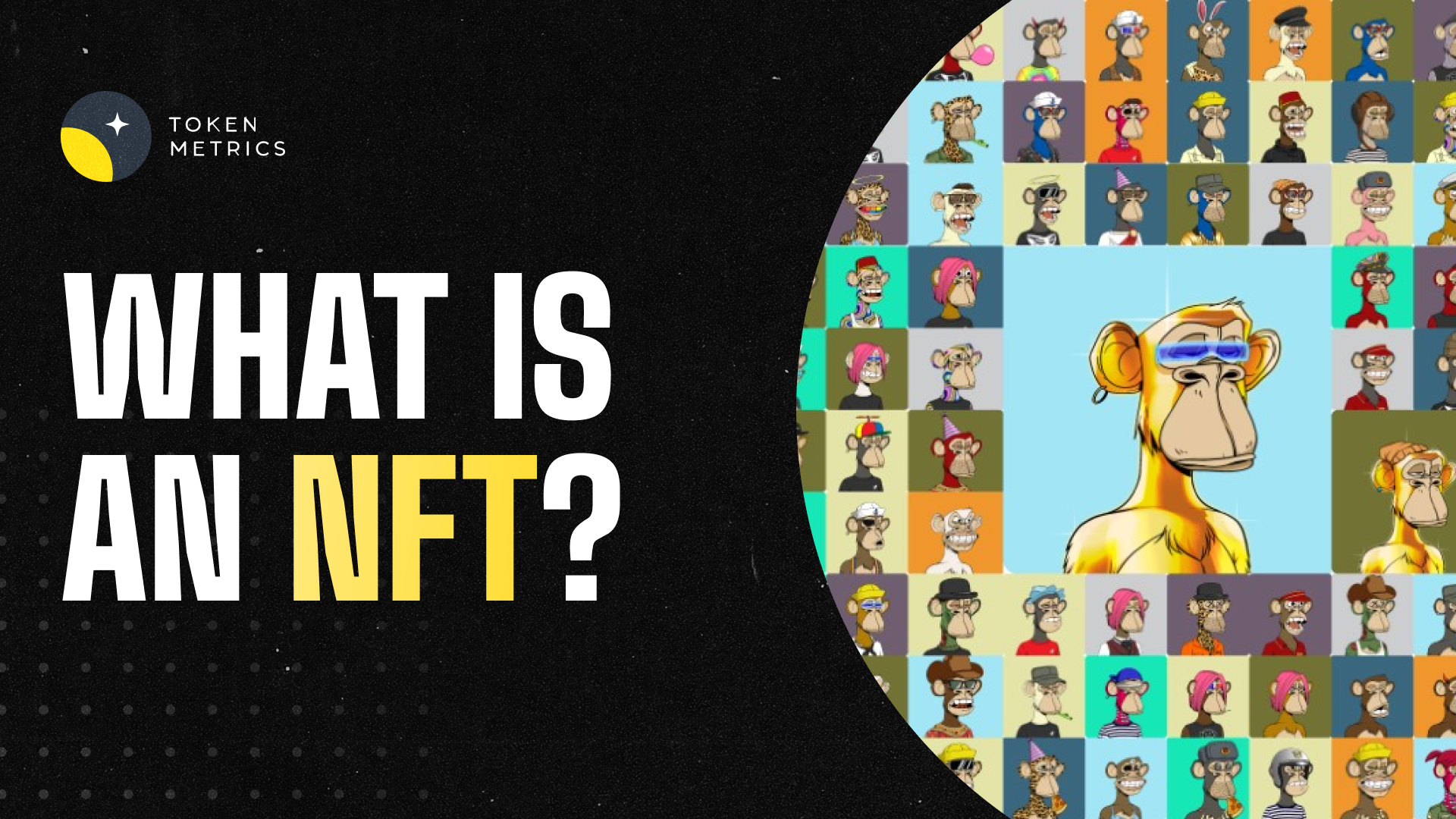

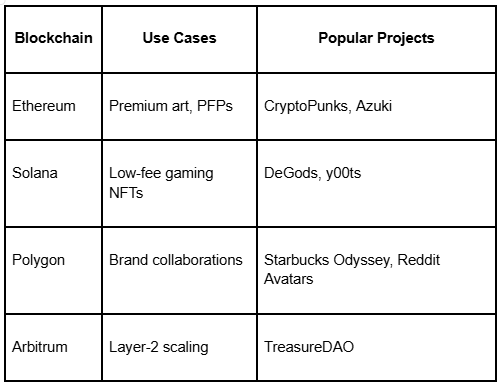




.svg)




.png)